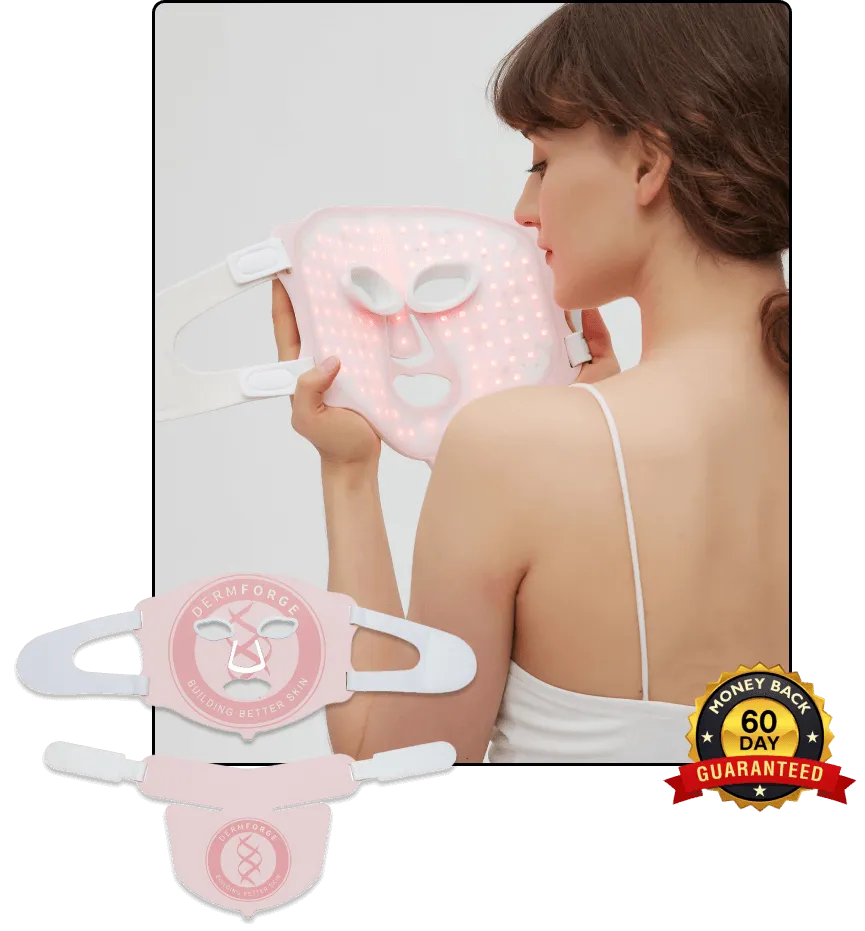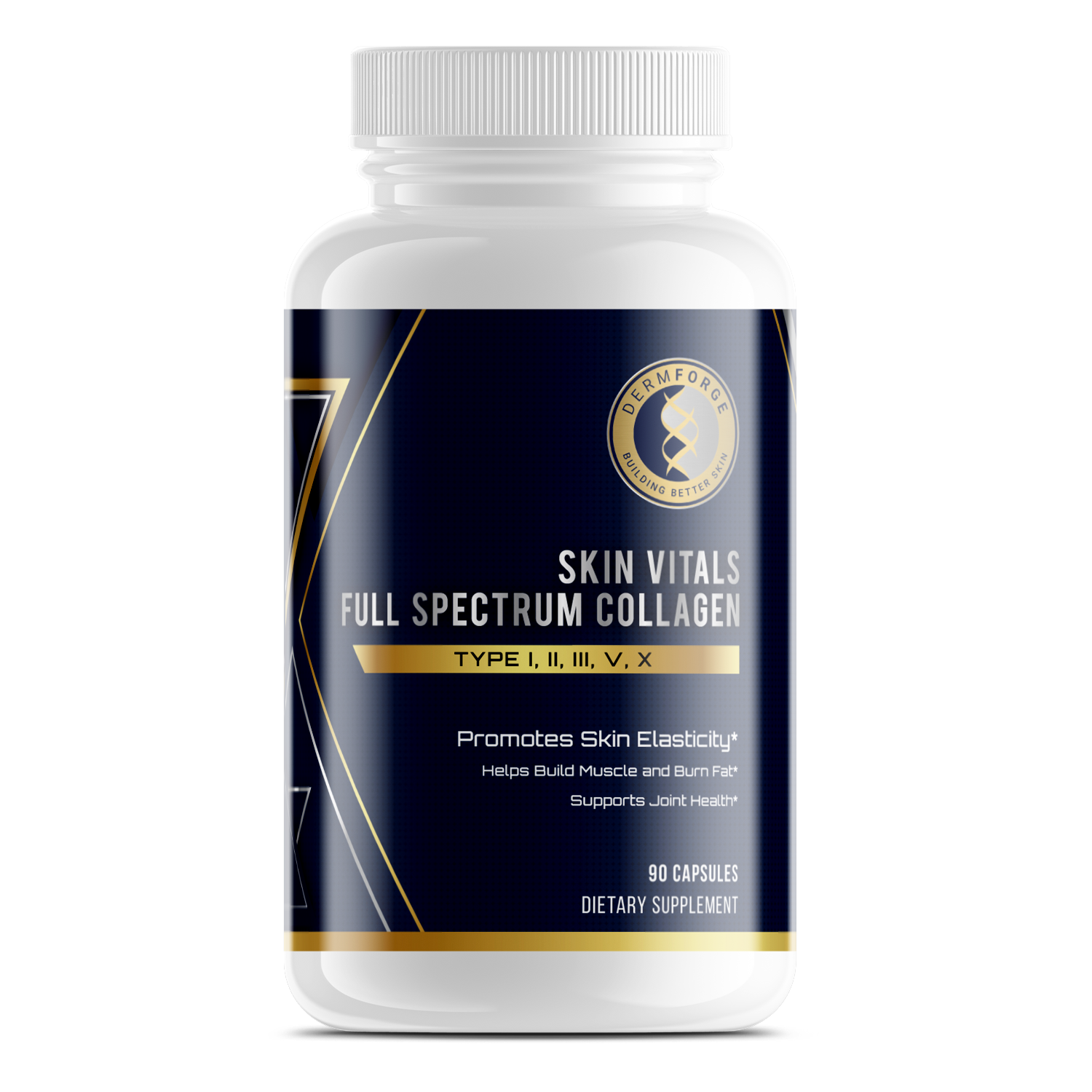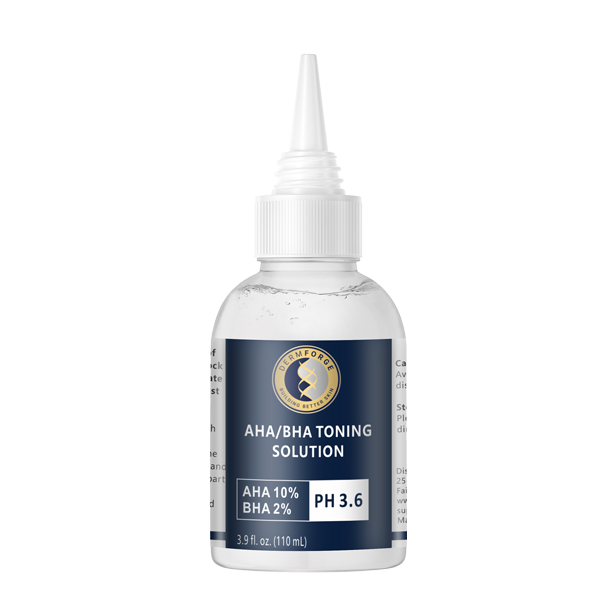Skincare advice can be overwhelming, especially when myths and misconceptions cloud the facts. Debunking common skincare myths helps you make smarter choices. However, many myths persist, leading to routines that may harm rather than help your skin. Understanding the truth behind these misconceptions empowers you to build a routine that works.
Additionally, knowing how to care for your skin based on science, not trends, ensures better long-term results. Whether it’s the importance of sunscreen or the role of moisturizers, clarity is key. Therefore, addressing these myths gives you the tools to take better care of your skin and avoid unnecessary mistakes.
Your skincare routine should focus on your unique needs, not one-size-fits-all solutions. By challenging common misconceptions, you can create a balanced, effective routine that supports your skin’s health and appearance.
Myth #1: Expensive Products Work Better Than Affordable Ones
The belief that expensive skincare products work better than affordable ones is a common misconception. However, the price of a product often reflects its branding, packaging, and marketing rather than its effectiveness. Many affordable products include the same active ingredients as luxury brands and deliver comparable results when used consistently.
Active ingredients, not the price tag, determine how well a product works. Ingredients like retinol, hyaluronic acid, and niacinamide are widely available across all price ranges. Additionally, some affordable brands prioritize high concentrations of these proven ingredients, making them just as effective as their pricier counterparts. Therefore, understanding your skin’s needs and the ingredients that address them is far more important than focusing on the brand name.
Expensive products can be appealing because of luxurious packaging or exclusive claims, but they are not always necessary. However, dermatologists agree that a well-chosen product with effective ingredients can improve your skin regardless of its cost. By focusing on active ingredients and avoiding unnecessary splurges, you can build an effective skincare routine without overspending.
Debunking common skincare myths like this one helps you make informed choices. Instead of being swayed by marketing, prioritize products that match your skin type and concerns. This approach ensures your routine is both effective and budget-friendly.
Myth #2: You Don’t Need Sunscreen on Cloudy Days
Many people believe sunscreen is unnecessary on cloudy days, but this is a common misconception. However, up to 80% of UV rays can penetrate clouds. These rays can still damage your skin even when the sun isn’t visible. Therefore, skipping sunscreen on overcast days leaves your skin vulnerable to harm.
UV rays, particularly UVA rays, are responsible for long-term damage like premature aging and skin cancer. Additionally, they pass through windows, making daily sunscreen use important even indoors. While clouds may block some visible light, they do little to reduce the intensity of harmful ultraviolet rays. Applying sunscreen daily protects your skin year-round, regardless of the weather.
Consistency is key when it comes to sun protection. Sunscreen acts as a shield, preventing the cumulative damage caused by UV exposure. Moreover, pairing sunscreen with protective clothing or hats adds an extra layer of defense. By including sunscreen in your routine every morning, you help prevent skin damage and maintain a healthy complexion.
Debunking common skincare myths, such as the idea that sunscreen isn’t necessary on cloudy days, empowers you to protect your skin effectively. Incorporating sun protection daily, no matter the weather, is one of the simplest yet most effective steps in skincare.
Myth #3: Natural Products Are Always Safer for Your Skin
The belief that natural products are always safer for your skin is a common misconception. However, natural ingredients can still cause irritation or allergic reactions. For example, essential oils, while natural, often lead to sensitivity in certain skin types. Therefore, it’s important to focus on how your skin reacts to a product rather than its source.
Synthetic ingredients are not inherently harmful, and many are carefully formulated to minimize irritation. Additionally, some synthetic alternatives are designed to mimic or improve upon natural compounds. Both natural and synthetic ingredients have potential benefits and risks. Testing products and understanding your skin’s needs helps you make better choices.
Natural products can be appealing, but it’s essential to check labels and know which ingredients work for you. While plant-based extracts may seem harmless, they can contain allergens or compounds that irritate sensitive skin. Similarly, synthetic options like hyaluronic acid are well-tolerated and provide effective hydration without many side effects.
Debunking common skincare myths like this one allows you to select products based on science, not marketing. Whether natural or synthetic, every ingredient serves a purpose. Choosing products based on efficacy and your unique needs ensures your routine is safe and effective.
Myth #4: Oily Skin Doesn’t Need Moisturizer
The idea that oily skin doesn’t need moisturizer is a common myth. However, all skin types, including oily skin, need hydration. Skipping moisturizer can disrupt your skin’s moisture barrier, leading to dryness or irritation. Additionally, when your skin feels dehydrated, it may compensate by producing even more oil.
Moisturizers help balance your skin by locking in water and maintaining hydration levels. For oily skin, lightweight, non-comedogenic moisturizers are ideal. These products provide necessary hydration without clogging pores or leaving a greasy feeling. Therefore, using the right moisturizer can actually help reduce excess oil production over time.
Many people with oily skin avoid moisturizer because they fear it will worsen shine. However, skipping this step often has the opposite effect. Dehydrated skin signals your sebaceous glands to work harder, creating more oil. By incorporating a suitable moisturizer into your routine, you can help regulate oil production and maintain healthier skin.
Debunking common skincare myths, like this one, helps you understand your skin’s needs better. Hydration is essential for all skin types to support balance and overall health. Adding moisturizer to your routine is a simple yet effective way to care for oily skin properly.
Myth #5: Scrubbing Harder Leads to Clearer Skin
The belief that scrubbing harder leads to clearer skin is a common misconception. However, aggressive exfoliation can harm your skin rather than help it. Scrubbing too hard can strip your skin’s natural barrier, leading to irritation, dryness, and even breakouts. Therefore, a gentler approach to exfoliation is more effective and safer.
Exfoliation removes dead skin cells, but overdoing it can cause microtears and inflammation. These issues compromise your skin’s ability to protect itself from bacteria and environmental damage. Additionally, harsh scrubbing does not unclog pores or prevent acne. Instead, it can exacerbate acne by spreading bacteria and irritating existing blemishes.
To achieve clearer skin, opt for chemical exfoliants like AHAs or BHAs that work without physical abrasion. These ingredients gently dissolve debris in your pores, improving texture and tone. Additionally, limit exfoliation to one or two times per week to avoid over-exfoliating. Following this routine helps maintain a healthy balance without risking damage.
Debunking common skincare myths like this one is essential for understanding how to care for your skin properly. Gentle and consistent care, rather than harsh scrubbing, leads to long-term improvements. Protecting your skin barrier and avoiding aggressive treatments will keep your skin healthier and clearer over time.
Myth #6: Anti-Aging Products Are Only for Older People
The idea that anti-aging products are only for older people is a common misconception. However, starting preventative care early benefits your skin in the long run. Many signs of aging, such as fine lines and wrinkles, develop from cumulative damage over time. Therefore, addressing skin health in your twenties or thirties can help delay these changes.
Anti-aging products, like those containing retinol or antioxidants, support your skin by boosting collagen and protecting against environmental stressors. Additionally, sunscreen is a key anti-aging tool, preventing damage caused by UV exposure. Using these products early helps maintain your skin’s elasticity and reduce the appearance of future aging.
Preventative care plays a significant role in any long-term skincare routine. Waiting until signs of aging appear can limit the effectiveness of treatments. By incorporating anti-aging products now, you can build a foundation for healthier skin as you age. This approach ensures you’re caring for your skin proactively rather than reacting to visible changes later.
Debunking common skincare myths, such as this one, helps you make informed choices about your routine. Anti-aging products are not just for reversing existing concerns; they are essential for preserving your skin’s health over time. Starting early creates a balanced routine that supports youthful, resilient skin for years to come.
Conclusion
Understanding your skin and the products you use is key to achieving long-term results. By debunking common skincare myths, you can make informed decisions about your routine. Additionally, focusing on proven practices helps you avoid unnecessary damage and wasted effort.
However, skincare is not one-size-fits-all, and tailoring your approach to your skin type makes a big difference. Incorporating preventative care, sun protection, and hydration ensures your routine supports your skin’s health over time. Therefore, consistency and knowledge are the foundation of an effective routine.
Taking the time to educate yourself empowers you to create a routine that works for your unique needs. By addressing misconceptions and focusing on science-backed methods, you can confidently care for your skin and achieve noticeable improvements.






